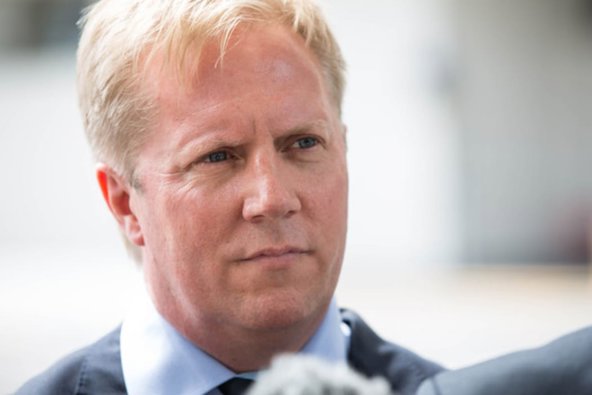
New Zealand Won’t Retaliate on Tariffs
New Zealand’s Trade Minister Todd McClay confirmed that the country will not respond with retaliatory measures to President Donald Trump’s newly announced 10% tariffs on New Zealand exports. Speaking to reporters, McClay acknowledged that the tariffs were “not unexpected,” given recent global trade developments.
“It is important to note that many other countries around the world are facing much higher tariff rates than New Zealand exporters will be,” he stated, highlighting that New Zealand’s exposure to the new U.S. trade measures is relatively limited compared to other nations.
McClay made it clear that New Zealand’s decision not to retaliate is based on economic pragmatism. “We won’t be looking to retaliate against the U.S.,” he said, warning that such a move “would put up prices on New Zealand consumers and it would be inflationary.”
His remarks reflect the government's concern over the domestic economic impact of entering a tit-for-tat trade conflict. Instead, New Zealand aims to maintain trade stability and avoid contributing to further price pressure amid global inflationary trends.
Trump’s tariffs are part of his broader “Liberation Day” trade agenda, which introduces sweeping duties on imports from multiple countries. While many nations have signaled strong opposition or possible countermeasures, New Zealand has opted for a low-key, non-confrontational stance focused on minimizing harm to its consumers and economy.
McClay did not indicate any immediate plans for negotiations or formal responses but emphasized the importance of keeping New Zealand’s trade relationships steady and resilient. His comments underscore the country’s broader strategy of economic moderation and avoidance of direct conflict in international trade matters.
As the global reaction to the U.S. tariffs continues to unfold, New Zealand’s approach stands out as one of restraint, prioritizing domestic economic stability over international confrontation.






